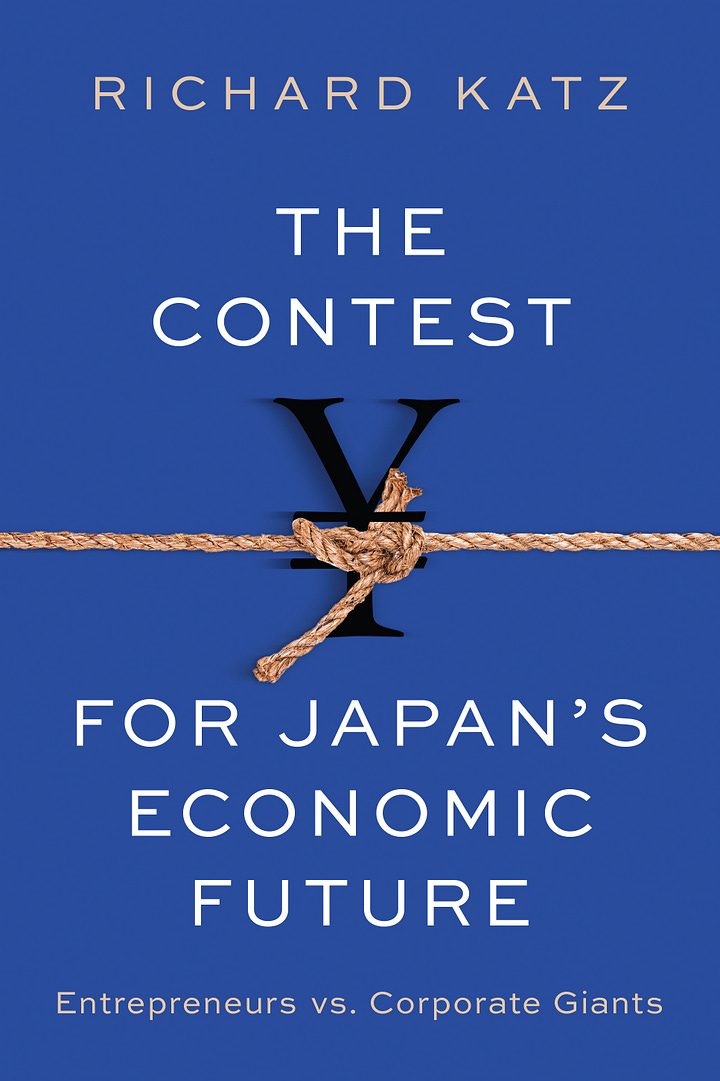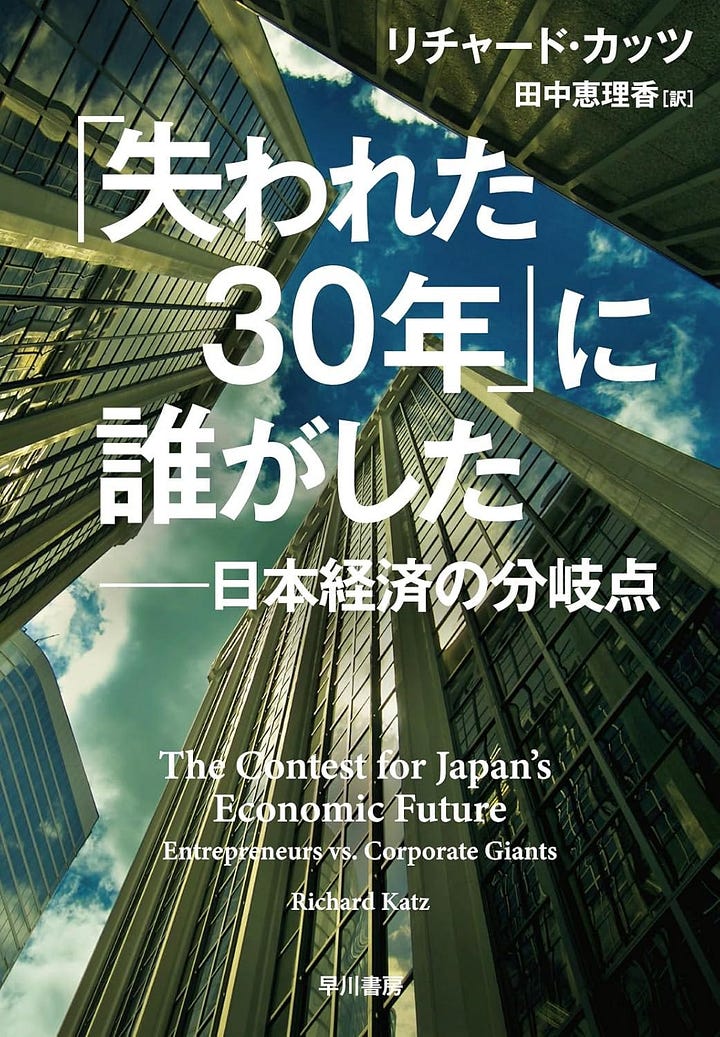Video: Trump’s Trade War: The Economic Impact on the US, Japan, and the Rest
“Deep Dive” Panel Discussion At The Foreign Correspondents Club of Japan (FCCJ)
How far will Trump go in pursuing his trade war? How high will the tariffs go, and what will happen in the trade negotiations? And what is the impact of the Trump trade war on the economies of the US, Japan, and the rest of the world? What about the financial markets, from currencies to stocks and bonds?
Anthony Rowley, host of the “Deep Dive” program at the Foreign Correspondents Club of Japan (FCCJ), invited three analysts, including me, to discuss this. The other two were Paul Sheard, Author of the Wall Street Journal bestselling book The Power of Money, and Hung Tran, a Nonresident senior fellow at the Atlantic Council's GeoEconomics Center. The event took place on April 9th, hours before Trump announced his 90-day suspension of the non-reciprocal tariffs, e.g., 24% on Japan, while countries negotiated. The 10% universal tariffs go into action, along with 25% on autos and auto parts.
Paul Sheard led off and he painted a rather benign picture, based on the premise that, in practice, Trump will end up not being anywhere near as harsh as he is claiming, that his tough talk is a negotiating tactic, that he will settle for some concessions as enough for him to claim victory, and that, six months from now, these tariffs will be gone. Indeed, global tariffs could even be lower due to the negotiations.
Both Hung Tran and I ardently disagreed. Tran dismissed the notion that the tariffs were just a bargaining chip. That might have been the case in his first term, but this time Trump is very ideological and that he really is aiming at a goal all three of us consider impossible to achieve: zero trade deficits with every country. Therefore, the tariffs will remain. Moreover, he believes tariffs raise lots of money, which will help pay for the tax cuts. The result will be “stagflation,” lower growth and higher inflation, and more volatility in financial markets.
I shared Tran’s view: that Trump is very ideological and means what he says. I argued that, in trying to eliminate the trade deficit, he would trigger a severe recession (see this post). In fact, the latter is what might cause Trump to pull back: if rising prices and joblessness cause a backlash among his voter base. I also discussed the serious damage to Japan, summarizing my recent post. Finally, the direction of the dollar is unknowable because some fallout from the trade war would push the dollar upward, and others would push it downward. No one can say the net impact. The initial impact so far has been to push the dollar downward as investors fear recession in the US.
My comments begin at minute 45:30, and Q&A begins at minute 107:30.
See the video here.


To receive new posts and support my work, consider becoming a free or paid subscriber.
To provide more support, donate several subs at $50 each. You do not need to name the sub recipients, just how many. This is a one-time contribution; it does not repeat automatically. Please click the button below.


